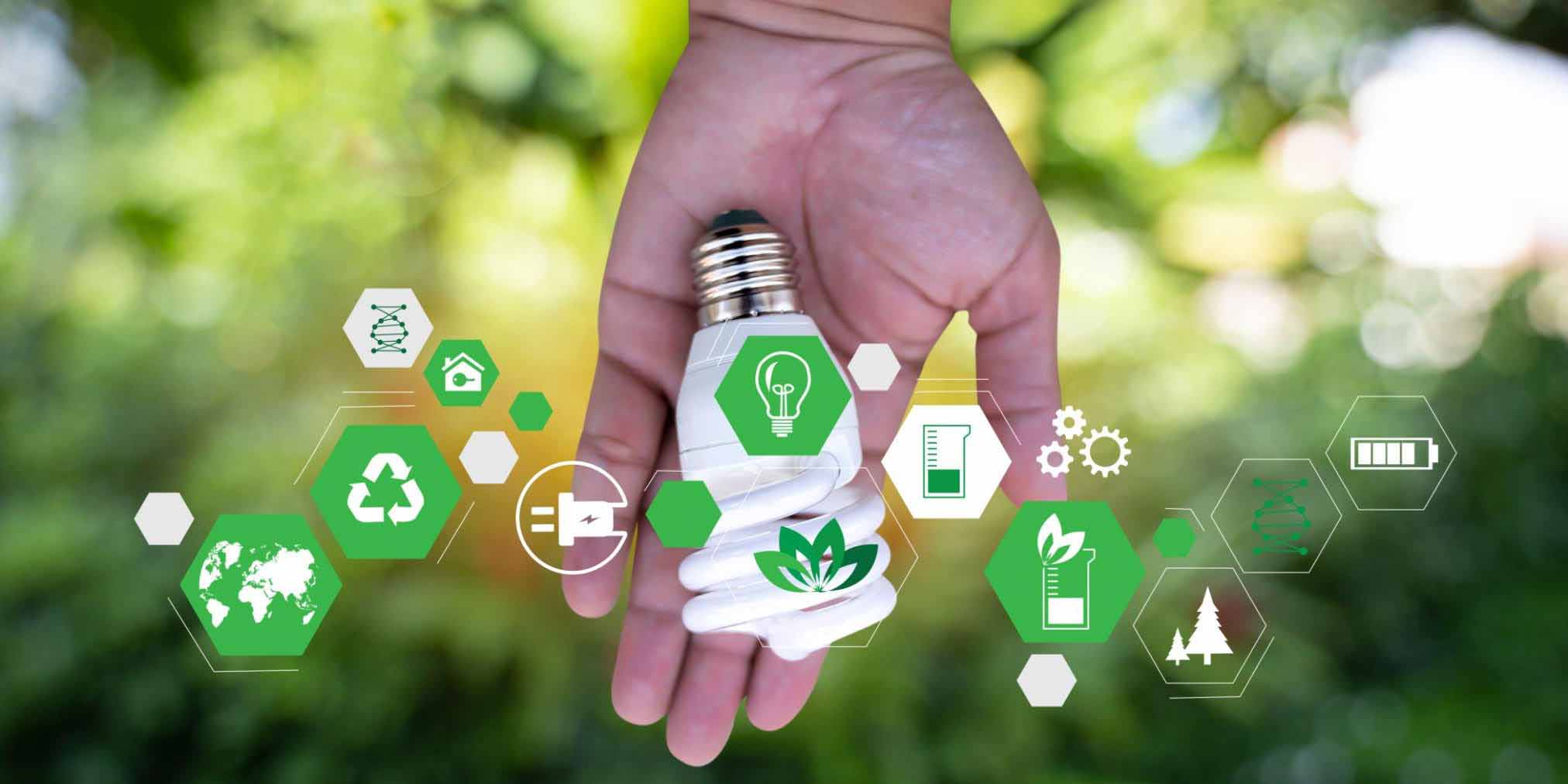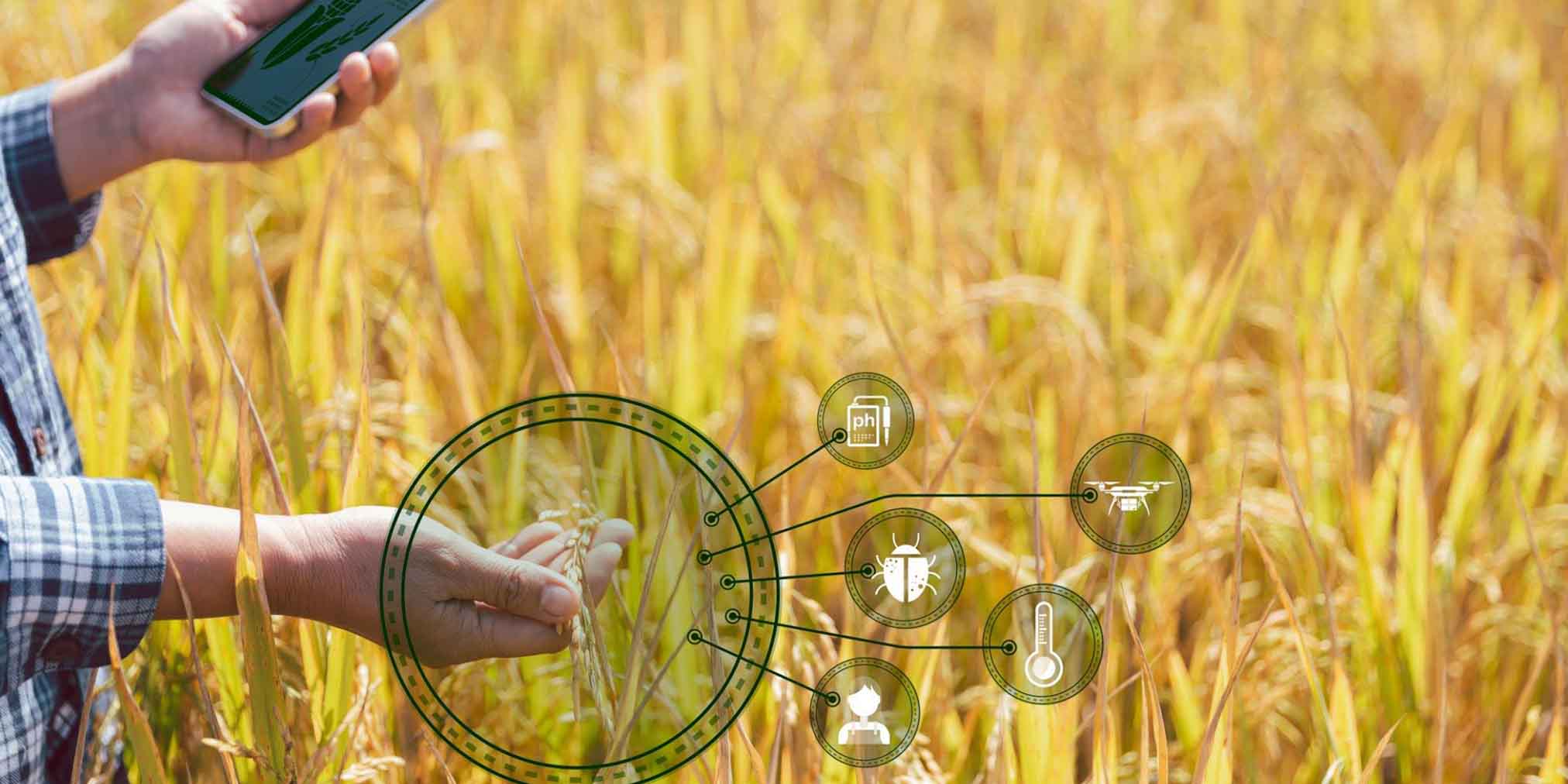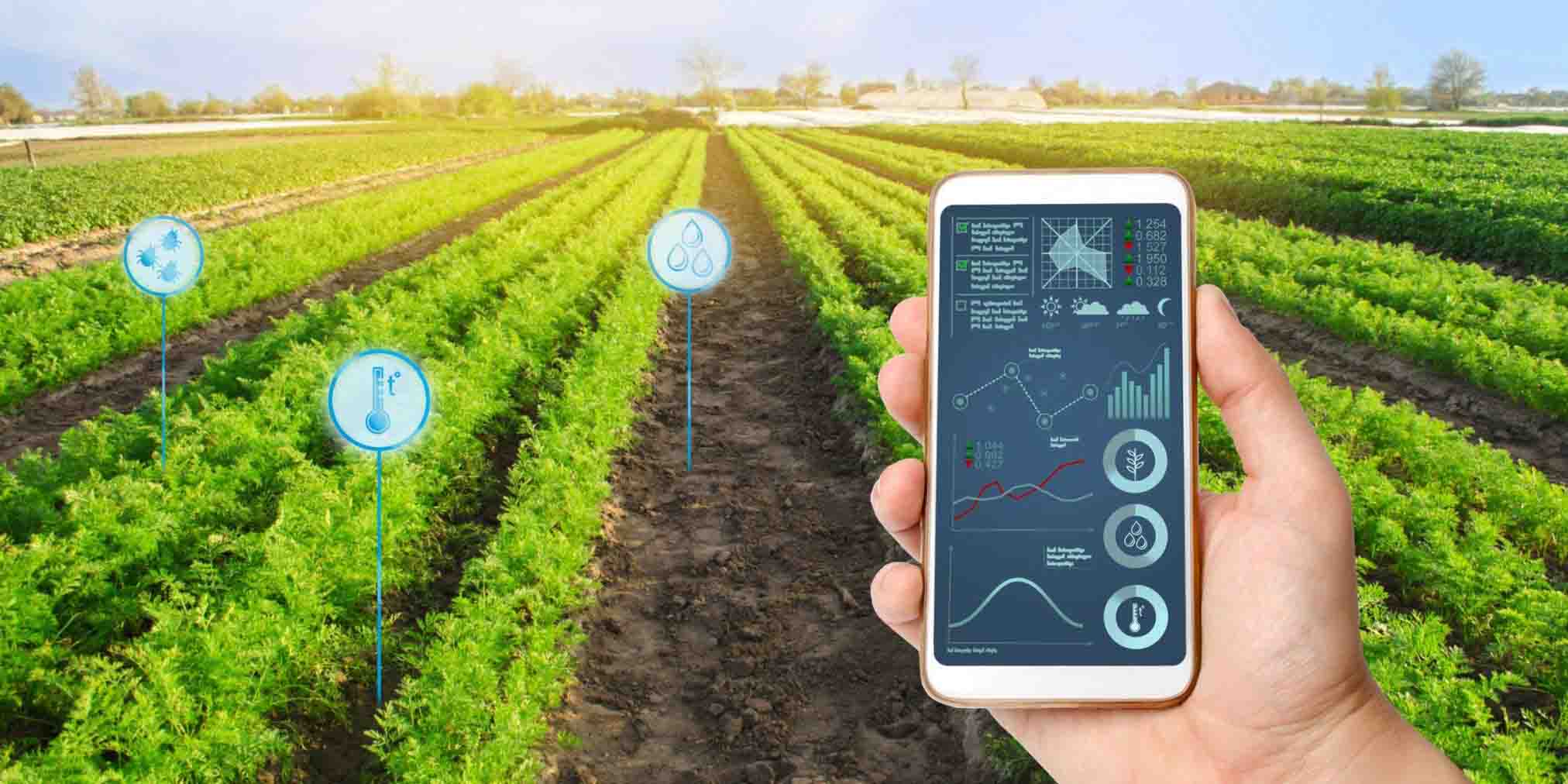

August 11, 2023
How ML is Boosting Crop Yields and Reducing Waste
The future of agriculture with AI-empowered machine learning is undoubtedly exciting. Technologies are rapidly advancing, allowing us to understand the complexities of growing crops and producing more efficiently with fewer resources. With machine learning applications, farms now have unprecedented access to data that can be used to identify areas for improvement, such as pest control and soil health.
AI waste management solutions allow farmers to produce higher crop yields. They reduce a significant amount of preventable waste typically associated with inefficient farming methods. Farmers now have the tools to take full advantage of the available resources in their environment and optimize production at a minimal cost.
As we continue to move forward, there is no doubt that AI-driven technologies will play an essential role in shaping the future of agriculture.
Machine Learning and AI in Agriculture
Agriculture has been the backbone of civilization and the key to our survival for centuries. In the last 50 years, AI in Renewable Energy has allowed to take agriculture to a whole new level.
AI can also help automate various agricultural processes while improving accuracy in pest
management and crop yield predictions. By integrating these technologies into our daily lives, we can increase productivity in the agricultural industry – transforming it from basic tilling and planting into an innovative industry.
Examples of How Machine Learning is Boosting Crop Yields and Reducing Waste

Irrigation Systems Utilizing Machine Learning for Automated Water Distribution
Farmers can access innovative solutions for improving crop yields and reducing waste through machine learning, such as automated irrigation systems. Machine learning algorithms are used to analyze data about soil moisture levels, weather patterns, and other environmental factors with unprecedented accuracy.
Those data are then used to automatically adjust the water distribution, which is delivered in just the right amounts at the appropriate time to keep crops healthy while saving water resources.
This improved precision in irrigation ensures better crop health and maximized yields while using fewer resources than traditional methods.
Thanks to ground-breaking technology like machine learning, advanced solutions like automated irrigation systems are becoming more accessible to farmers all over the world, making it easier than ever before to improve crop yields and reduce waste.
Crop-mapping with Autonomous Drones Equipped with Sensors Using AI Technology
Artificial Intelligence is revolutionizing the GreenTech sector; nowhere is this more evident than crop mapping. Autonomous drones with AI sensors are now used to analyze and map crop fields. It allows for greater precision in environmental monitoring and farming operations.
AI waste management solutions allow farmers to identify areas of low yield and take action immediately, allowing for significant yield improvements and reducing waste. AI-enabled crop mapping boosts productivity and enhances farmers’ environmental awareness, potentially driving future eco-friendly practices.
Use of Predictive Analytics to Forecast Weather Conditions and Pest Infestations
AI in GreenTech is proving to be a valuable asset for farmers in their efforts to maximize crop yields and reduce waste. One key role it plays is through the use of predictive analytics to forecast weather conditions and pest infestations.
This technology enables farmers to be aware of and prepared for any potential risks that may arise due to environmental changes and take proactive measures against pest outbreaks.
By leveraging machine learning, farmers can make more informed decisions when tending their crops, leading to increased productivity and greater cost savings.
Impact on the Future of Farming

Increased Efficiency and Productivity of Farms
Advances in technology are having a major impact on the future of farming, with farming techniques becoming increasingly efficient and productive. The use of precision equipment for seeding, planting, and application of fertilizers can obtain more uniform crop coverage, leading to higher yields. Automated harvesting also requires minimal labour and reduces post-harvest losses.
Additionally, farmers now have access to detailed data on soil conditions and weather forecasts which can help them prepare for changing weather patterns. By optimizing efficiency and productivity throughout the entire process, the future of farming has never looked brighter!
Reduced Environmental Impact with More Sustainable Farming Practices
With advances in agricultural techniques, farmers are now able to use fewer consumables such as water, fertilizer, fuel and feed while still producing the same amount of produce. Moreover, increased understanding and utilization of beneficial insects can help reduce reliance on chemical interventions like pesticides. Thanks to these efforts being taken, fewer toxins will be let out into the environment, and there will be a reduced impact overall.
Additionally, soil health is being improved through creative methods such as agroforestry. This helps to lower carbon emissions per unit area through diversifying crop rotations and optimizing natural pest control systems. In short, with smarter practices and state-of-the-art technologies, the future of farming looks bright when it comes to reducing its environmental footprint.
Improved Food Security Globally by Increasing Access to Nutritious Foods
Advances in agricultural technology are revolutionizing our food systems, making it possible for us to cultivate nutritious foods more sustainably. As the demand for global food production continues to rise, achieving a secure and stable food supply is an ongoing challenge.
Fortunately, smarter farming methods and technologies are helping farmers maximize their harvests while preserving resources – increasing access to nutritious foods, especially in developing countries. Improved automation and digital tools also have great potential to help farmers increase efficiency and reduce cost, providing additional opportunities for rural communities worldwide.
With the right investments in infrastructure and innovations that help improve accessibility as well as nutrition of our food supply, we can ensure future generations of citizens gain access to fresh and healthy meals.
AI in GreenTech has the potential to be a major asset for agriculture, aiding farmers in improving the quality of their crops and increasing yields. If successful, however, this process could bring great positive outcomes such as improved crop yields, higher agricultural productivity, and more efficient use of resources, ultimately contributing to better food security.







